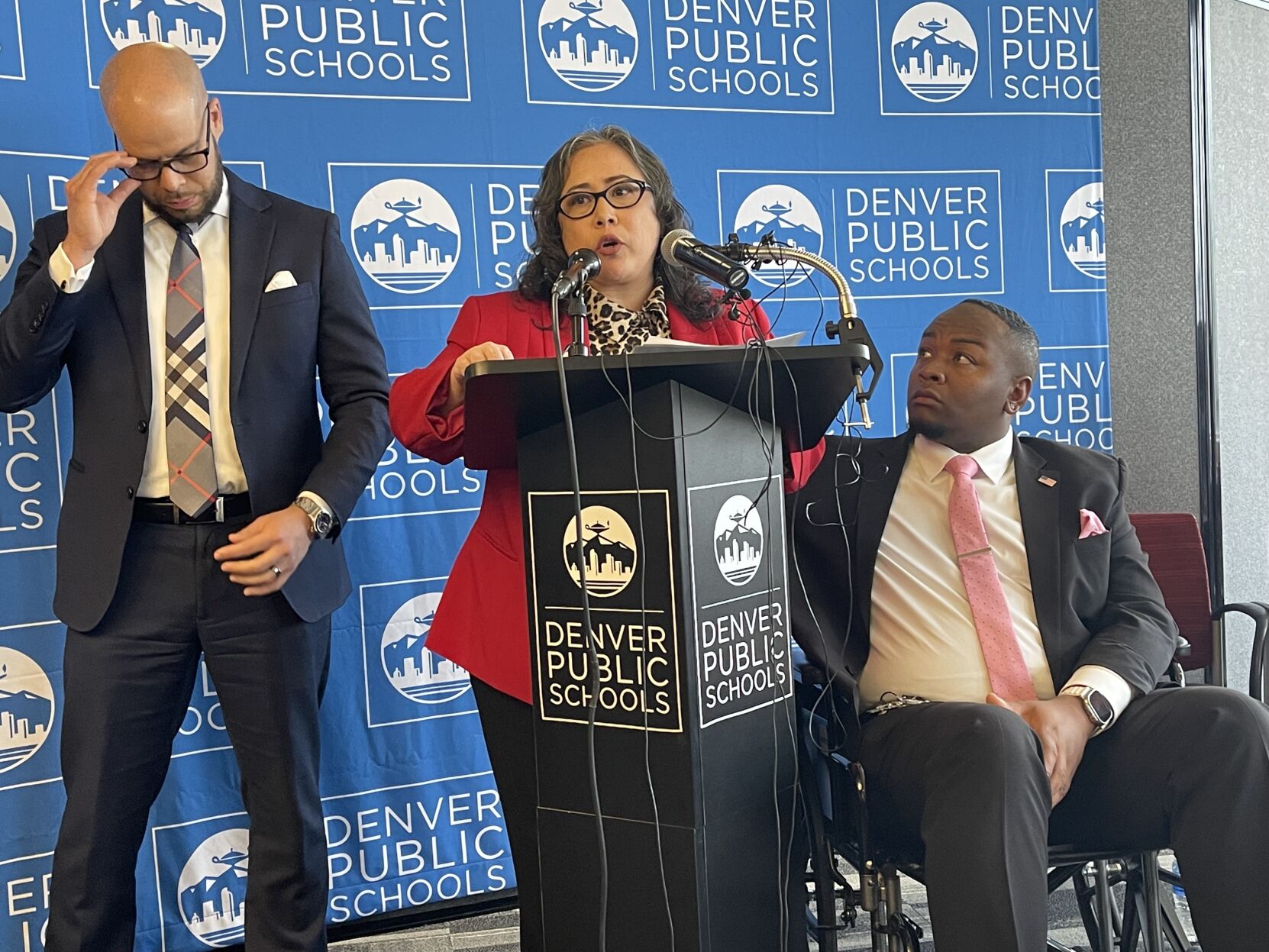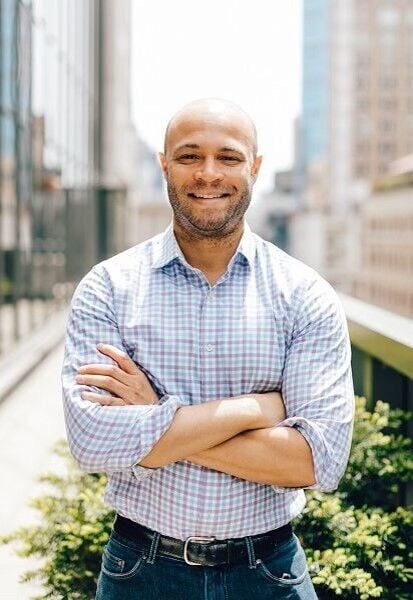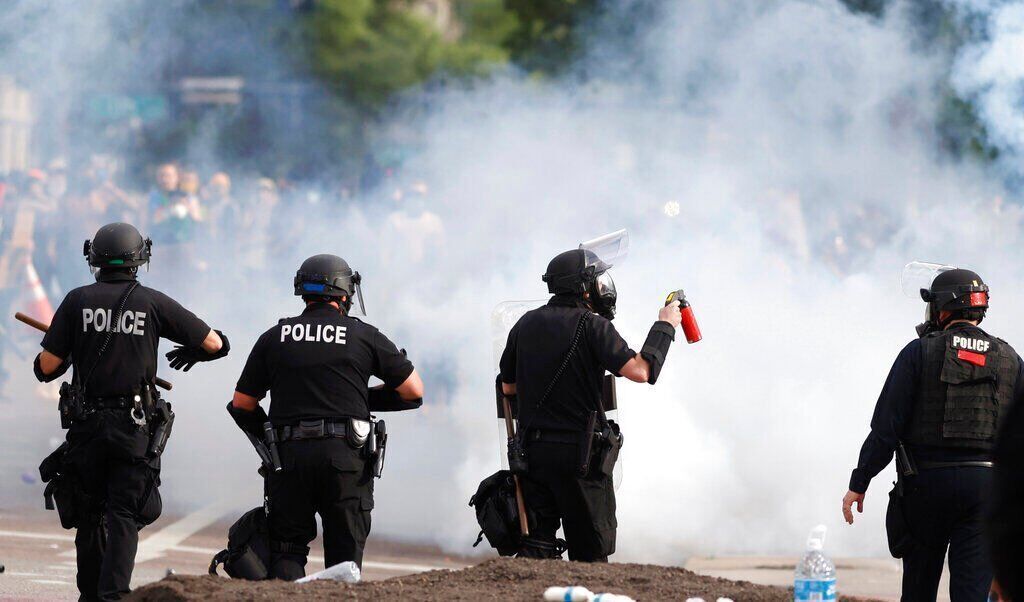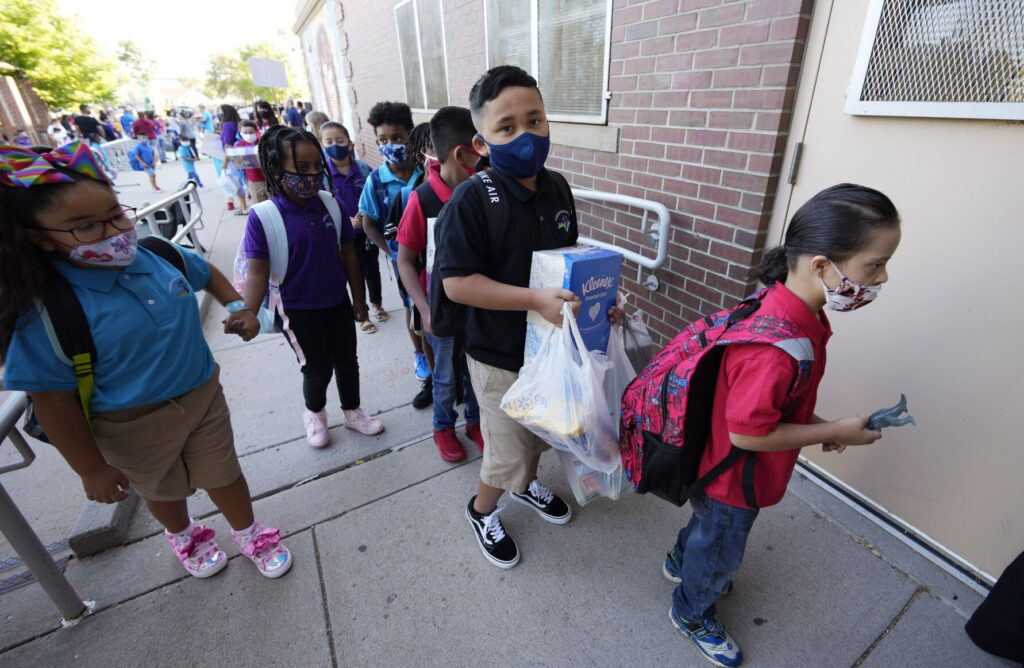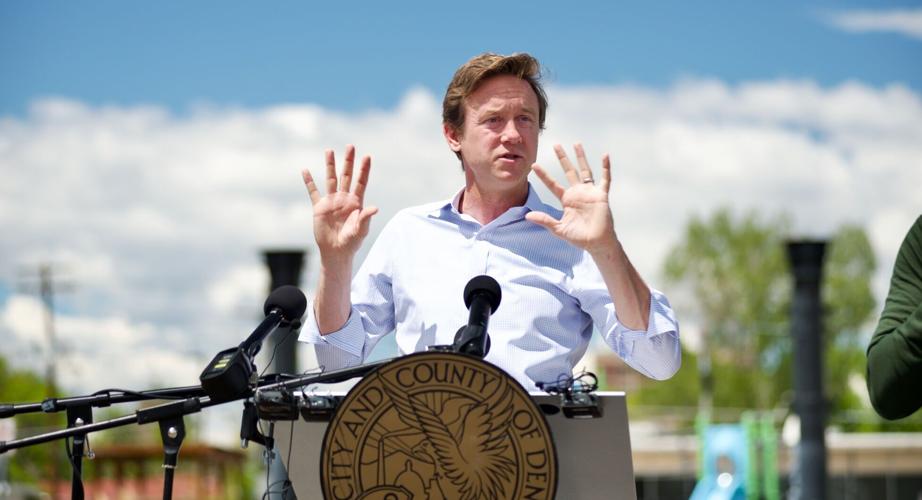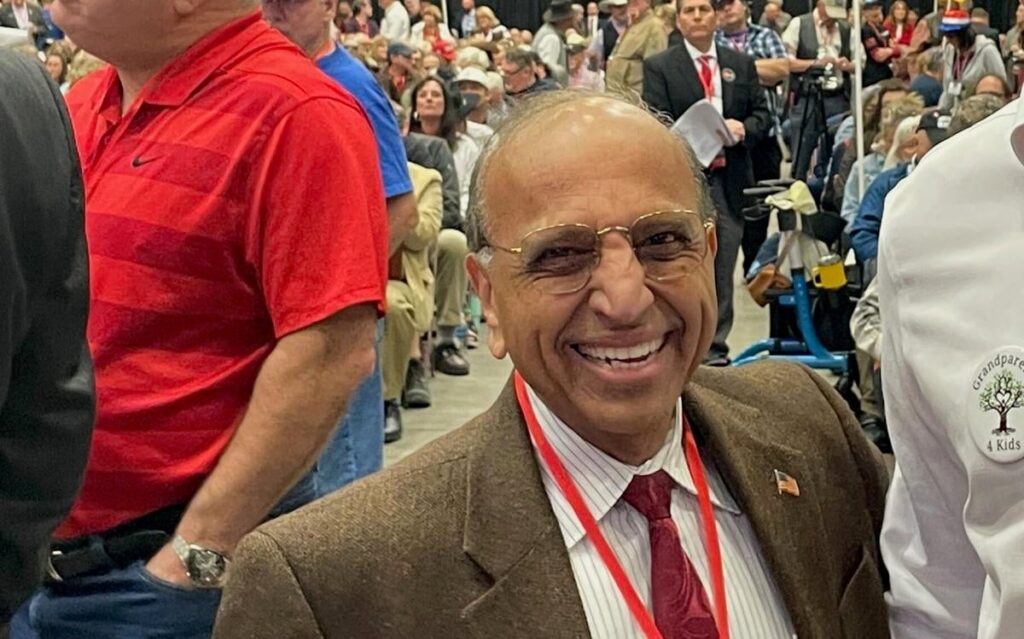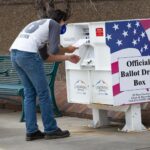How much will endorsement by teachers union help DPS candidates?
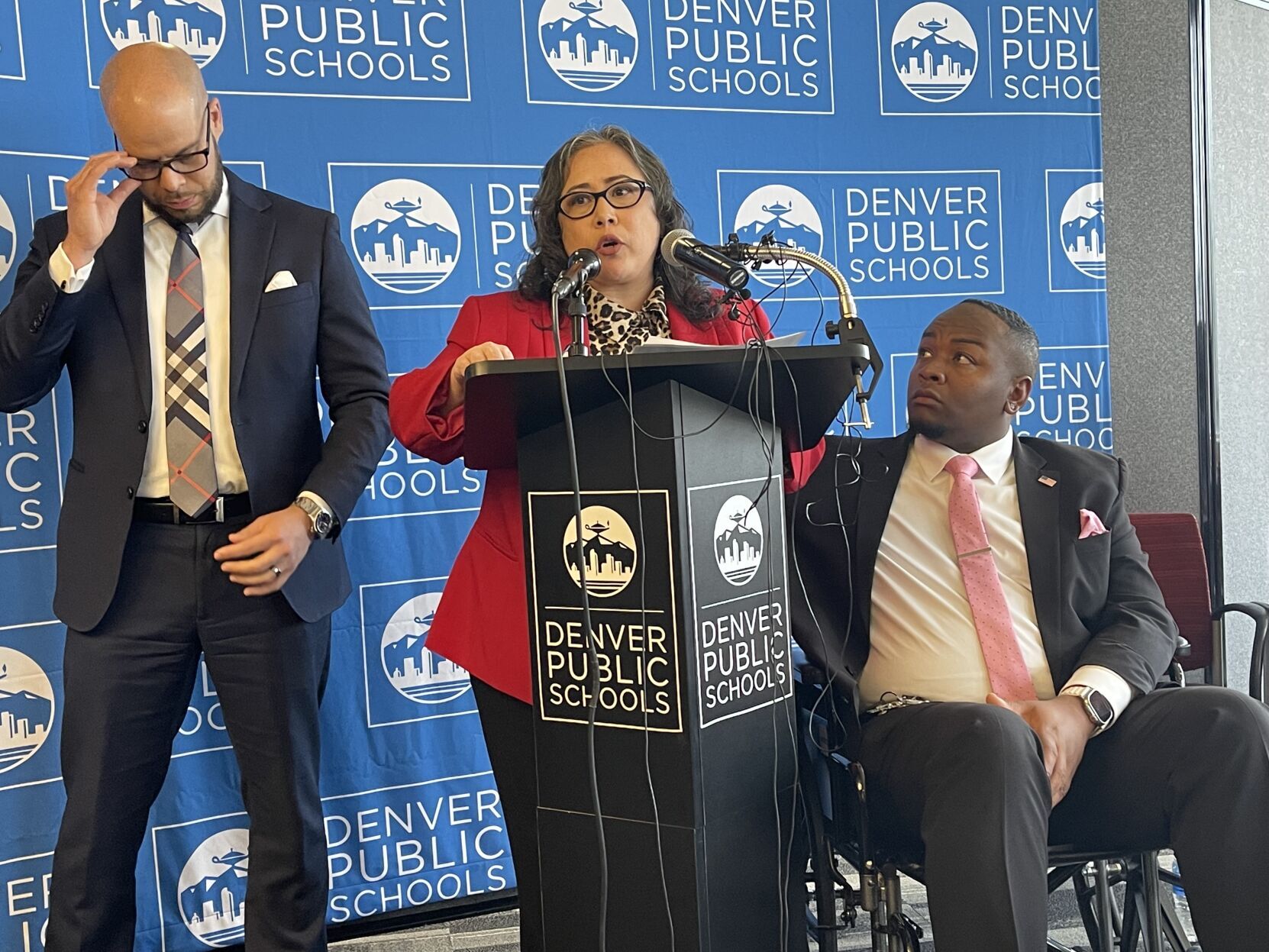
About 70 percent of voters are likely to cast votes for candidates endorsed by the Denver Classroom Teachers Association, but 71 percent of voters are dissatisfied with the all union-backed school board.
So, what could this possibly mean for Denver voters who head to the polls next month?
In short, it’s complicated.
“I think Denver is a great example in many ways of the disconnect between what unions care about and what voters say they care about,” said Vladimir Kogan, an Ohio State University political science professor and co-author of “The Politics of Teachers’ Union Endorsements.”
The Sept. 6 report examined the effect of teacher union endorsements on voter support, finding that union-endorsed candidates win school board races about 70% of the time.
“If you were to bet, that’s a good bet to make,” Kogan said. “It’s hard to know how much of it is the money and the boots on the ground or the warm glow of being a teachers union endorsed candidate.”
A teachers’ union endorsement typically comes with financial backing and campaign support.
The November election looms at a time when Denver voters are deeply unhappy with their elected education officials. That 70% winning streak is roughly the same percentage of likely voters who are dissatisfied with the Denver Public Schools Board of Education.
A Keating Research poll released last month found 50% of likely Denver voters hold an unfavorable opinion of the school board and 21% a very unfavorable one.
The poll was conducted on behalf of Denver Families for Action, a nonprofit formed in 2020 that supports school choice and is focused on endorsing candidates.
Last week, the teachers’ union released the last of its endorsements for the Nov. 7 school board race.
The Denver Classroom Teachers Association endorsed – as it had previously – the two incumbents running for the board: Directors Scott Baldermann (District 1) and Charmaine Lindsay (District 5).
Facing off against Lindsay for the District 5 seat are Marlene DeLaRosa and Adam Slutzker while Kimberlee Sia is challenging Baldermann for District 1.
Board Vice President Auon’tai M. Anderson, whom the union also backed, dropped out of the race for a district at-large seat to run for the House District 8 post held by Rep. Leslie Herod, D-Denver, who will be term-limited in 2024.
Anderson’s seat had attracted a crowded field of candidates that has thinned to three: Brittni Johnson, Kwame Spearman and John Youngquist.
Johnson, a community organizer, got into the race late and has raised less than $1,000, as of the Oct. 3 candidate filing. Spearman had nearly $51,000 on hand and Youngquist $36,500, campaign filings show.
The union passed on Youngquist – a former teacher and administrator of the district’s flagship campus, East High school – to endorse Spearman, co-owner of the Tattered Cover bookstore, who threw his hat in the race after a failed mayoral bid.
In announcing its endorsement, union officials said Spearman’s selection was because he “comes from a three-generation family of educators” and deeply understands the support teachers need.
The teachers’ union represents nearly 4,000 educators throughout Denver Public Schools.
Spearman likened the endorsement to an “October surprise,” which is an unexpected political revelation meant to wield influence the month before an election.
“We’re not going to get out of this funk if we don’t bring innovative ideas and bold leadership,” said Spearman, 39.
‘This board has failed’
The Denver Gazette spoke to a number of election watchers who all spoke with uncanny unanimity about what may have sunk Youngquist’s shot at the support of the teachers’ union: his endorsement by Denver Families.
Younquist was also puzzled by the union’s endorsement of Spearman.
“I don’t really know what their message is,” Youngquist said.
As the only educator in the at-large race, Youngquist said there was a clear distinction between him and his opponents.
“There’s not a learning curve for me here in lots and lots of ways,” Youngquist said.
The Nov. 7 election comes amidst a recall effort and months of withering public criticism for a series of missteps that include school closures, gun violence, an executive session the court has ruled illegal and the termination of Kurt Dennis, a popular principal.
In a recent poll, just 30% of likely voters had a favorable opinion of the union-backed school board and in another, only 21% regarded education officials positively.
“The overwhelming dissatisfaction, I think, we’ve got to put on one person,” Spearman said, referring to Anderson.
The summer of discontent with the board is a striking contrast to 2019, when the teacher union’s support helped usher in the historic “flip” to halt or undo the reforms put in place by previous boards.
Among the reforms included jettisoning the school performance framework used to justify shuttering low-performing schools. It’s unclear what the strategy is moving forward. In March, the board used declining enrollment to close three schools before doing an about face and instructing Superintendent Alex Marrero not to use enrollment as a criterion.
“I think that’s been exhausting to people,” Youngquist said of the controversy around the board.
It’s this kind of board craziness and historical likelihood that voters will cast their ballots for the union-backed board that makes this election – even in an off year – so exciting, poll watchers said.
“The voters have decided that this board has failed,” said Dick Wadhams, a Republican political consultant. “You would think, given the deep unpopularity of the board, that voters would know that part of the reason this board has been such a failure is because of the DCTA.”
Rob Gould, DCTA president, questioned whether the union was to blame for the board’s decisions.
“I think the underlining assumption is we’re happy with the behavior, too,” Gould said. “And, no, we’re not happy either.”
With three of seven board seats on the ballot, Denver’s dissatisfied voters could seize an opportunity to change the makeup of the school board, said Steve Welchert, a former legislative liaison for Gov. Richard D. Lamm and advisor to Denver Mayor Federico Peña.
“I think all the candidates running for school board are running against this school board,” Welchert said. “It’s definitely a change election.”
‘The big puzzle is why’
While the electoral punch an endorsement can pull often depends on the race, Kogan has found that teachers unions enjoy an outsized influence.
And this is because an endorsement by a teachers’ union can be a kind of shortcut for low-informed voters.
School board candidates supported by local teachers’ unions overwhelmingly win in these elections as a union endorsement frequently increases voter support, although the magnitude can vary across ideological and partisan lines.
Previous research has shown a union endorsement can drive votes more than incumbency or academic achievement.
“The big puzzle is why and what explains it,” Kogan said.
Popular belief has held that teachers, relatives and their allies form a voting block that helps elect teacher-backed candidates.
Kogan doubts that.
“The problem with this view, however, is that teachers and other school employees represent a vanishing small share of the electorate even in the lowest-turnout elections,” wrote Kogan and his co-author, Michael T. Hartney, a political science professor at Boston College.
Kogan and Hartney found that while voters believe union-backed candidates will increase teacher pay, improve academic achievement and will be more responsive to parental concerns, the data doesn’t support this assumption.
Having examined incumbents in California vying for re-election, the researchers identified one factor that stood out.
“The only consistent predictor of when a teachers’ union endorses a candidate is teacher salaries,” Kogan said.
Public respect for teachers has handed an outsized influence to unions, these researchers said.
“When the interests of educators and students are aligned, such influence may lead to better policy,” the authors wrote. “When the interests conflict, however, union political power may push elected officials to prioritize the needs of school employees rather than students.”
Parker Baxter, director of the Center for Education Policy Analysis at the University of Colorado Denver, has said public unhappiness with the union-backed board could juice turnout in a race that otherwise should have a low turnout.
“It’s notable that this endorsement is coming so late in the campaign and that the union has not been more vocal in the election in general,” Baxter said.
